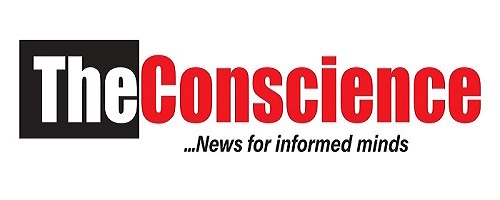
NCC Holds 2-Day Discussions on Regulatory Instruments
The Nigerian Communications Commission (NCC) has commenced a two-day Public Inquiry into three regulatory instruments, also known as subsidiary regulations.
The event, which was attended by industry stakeholders, aimed to gather input and ensure inclusivity in the development of regulatory instruments.
THECONSCIENCEng reports that during the inquiry, Dr. Aminu Maida, the Executive Vice Chairman of NCC, emphasized the importance of the event in shaping the future of the communications industry.
He highlighted the role of these regulatory instruments in addressing emerging challenges, trends, and opportunities in the digital age.
The first regulatory instrument discussed was the Telecommunications Networks Interconnect Regulations, which plays a crucial role in enabling seamless communication between different networks and fostering competition in the industry.
READ ALSO: Lagos Assembly Plans Geographic Information Law to Harmonise Geospatial Data
The review of this instrument aims to keep pace with technological advancements and enhance regulatory efficiency.


The second instrument under review was the Guidelines on Procedure for Granting Approval to Disconnect Telecommunications Operators.
This framework provides a transparent and accountable process for granting approvals to disconnect operators when necessary. The review of these guidelines ensures that disconnections are carried out in a fair and transparent manner.
Lastly, the Guidelines for Dispute Resolution were also discussed during the inquiry. As disputes are inevitable in any industry, having a robust framework for resolving conflicts is essential.
These guidelines aim to provide a clear and transparent mechanism for resolving disputes within the communications sector, promoting timely resolutions and fair treatment of stakeholders.
Mrs. Chizua Whyte, the Ag. Head of Legal and Regulatory Services of NCC, welcomed participants to the event and highlighted the importance of their input in refining the regulations to address the evolving challenges of the sector. She emphasized the need for compliance, fairness, transparency, and certainty in the regulatory instruments to promote a dynamic and robust communications sector.
The NCC’s commitment to transparency and inclusivity was evident in the public inquiry, which sought to ensure that the voices of all stakeholders were heard and considered. The collaborative efforts between NCC and industry stakeholders will continue to drive advancements in the communications sector, ultimately supporting the Nigerian economy.
























